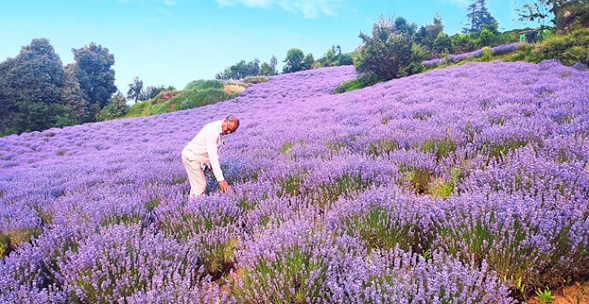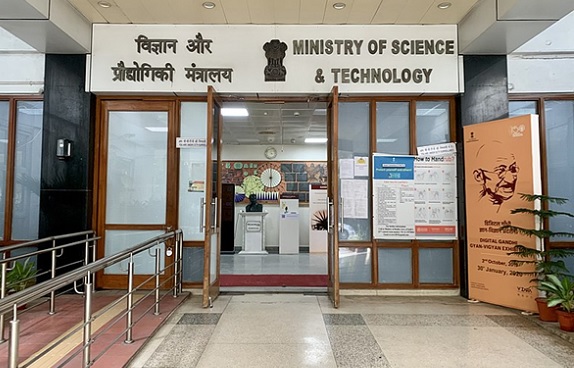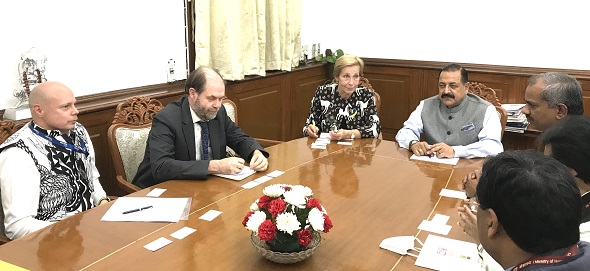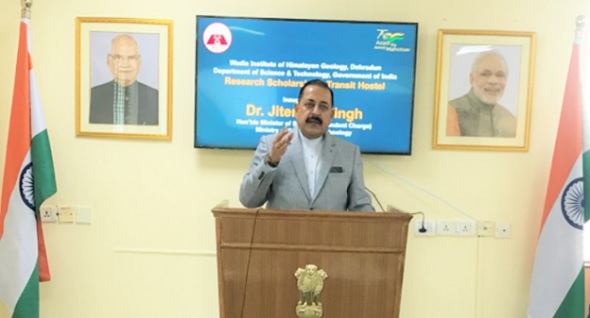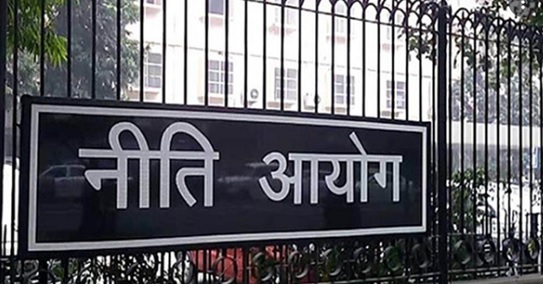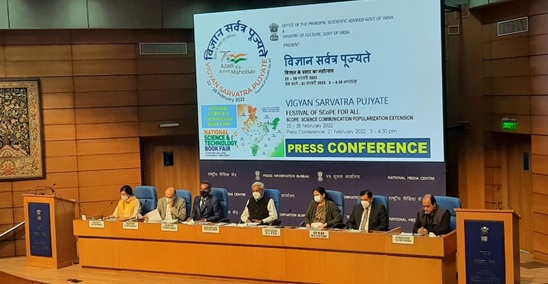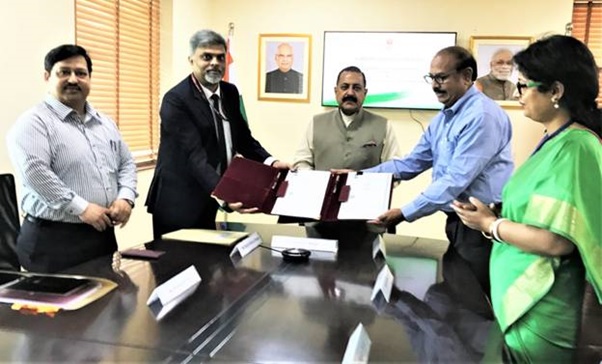
Union Minister of State (Independent Charge) Science & Technology; Minister of State (Independent Charge) Earth Sciences; Minister of State PMO, Personnel, Public Grievances, Pensions, Atomic Energy and Space, Dr. Jitendra Singh has called for equal stake participation by the industry to sustain startups.
The Minister was speaking at a ceremony where the Technology Development Board (TDB) of the Ministry of Science & Technology and M/s Sapigen Biologix Private Limited, Hyderabad, helmed by Dr. Krishna Ella of Bharat Biotech Ltd, signed an agreement for the development and commercialization of two novel vaccines – an intranasal vaccine for Covid-19 and a vaccine for malaria named `RTS, S’.
Under the agreement, TDB would provide financial support of Rs. 100 Crores out of the total project cost estimated at ₹311.30 Crores. M/s Sapigen Biologix Private Limited would set up a state-of-the-art cGMP facility in Bhubaneswar for the project.
The nasal Coronavirus vaccine is expected to give a new thrust to the fight against the infection as it will generate a mucosal immune response, thereby protecting both the upper and lower respiratory systems. The plant will use a technology platform developed by Washington University School of Medicine in St Louis. It is reported to have several advantages. For instance, it will require a single dose of 0.1 ml instead of 2 doses of 0.5 ml each of I-generation vaccines. Also, it can be administered even by untrained health workers, and self-immunization will be possible.
Union Minister of State (Independent Charge) Science & Technology; Minister of State (Independent Charge) Earth Sciences; Minister of State PMO, Personnel, Public Grievances, Pensions, Atomic Energy and Space, Dr. Jitendra Singh has called for equal stake participation by the industry to sustain startups.
The RTS, S Malaria Vaccine, in turn, is a vaccine that was recently recommended by the World Health Organization (WHO)’s top advisory bodies for a phased introduction in selected areas of sub-Saharan Africa. The vaccine results from 30 years of research and development by GlaxoSmithKline and through a partnership with PATH and with support from a network of African research centres.
M/s Sapigen Biologix Private Limited aims to produce 100 million doses/annum of intranasal Covid-19 vaccine by April 2023 and 15 million doses/ annum of the RTS, S Malaria vaccine by the end of April 2025.
Bharat Biotech and TDB have also agreed to support another initiative, where each of them will contribute Rs.200 crores to form an Rs. 400 Crores fund to support startups in different fields across India using the services of professional agencies with flexible terms and conditions.
Dr. Jitendra Singh noted that the vaccine strategy of India symbolised Prime Minister Narendra Modi’s idea of an Atma Nirbhar Bharat as it aims to bring pharma, industry, and academia together in a partnership with an eye on meeting the current as well as possible future challenges.
The Minister recalled that within only a couple of years of the pandemic, the Indian pharmaceutical industry had been able to develop its indigenous vaccines. It has also shown the technology absorption capacity to support manufacturing of nearly all the COVID vaccines that have been developed in a cost-effective manner, thus emerging as the “pharmacy of the world”. As of March 2021, India exported 5.84 crore doses of COVID vaccines to 70 countries. This has been possible due to the availability of low-cost skilled workforce and a well-established manufacturing ecosystem.
Sh. Rajesh Kumar Pathak, Secretary, TDB, said that “The Indian pharma companies were not only providing yeoman service to the nation but also instrumental in providing the medicines and vaccines at affordable costs to the entire world and thus transforming India as `The Pharmacy of the World’ ”.
India Science Wire
ISW/SP/TDB/VACCINE/29/03/2022

